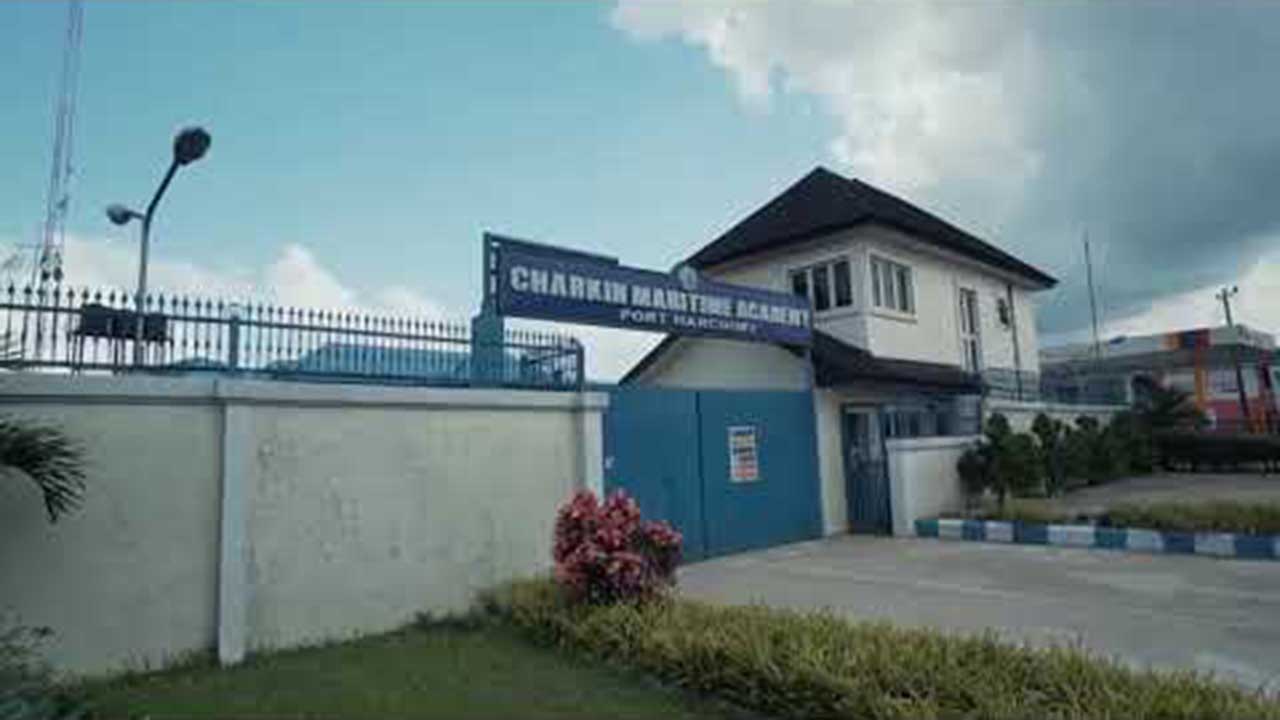 Charkin Maritime Academy (CMA) in Rivers State has upgraded its facilities to meet international standards of various global conventions and guidelines set by the International Maritime Organisation (IMO) with the acquisition of three modern advanced free-fall lifeboat simulators.
Charkin Maritime Academy (CMA) in Rivers State has upgraded its facilities to meet international standards of various global conventions and guidelines set by the International Maritime Organisation (IMO) with the acquisition of three modern advanced free-fall lifeboat simulators.
The academy, which operates an Offshore Safety Centre providing critical quality training to personnel in the oil and gas industry, is also in the final stages of securing accreditation for its associate certificate in nautical science and marine engineering from the Nigerian Maritime Administration and Safety Agency (NIMASA).
Officials from NIMASA have already conducted an on-site assessment and audit to ensure the academy’s facilities meet international standards.
The simulators, comprising a free-fall lifeboat, twin-fall lifeboat, and fast rescue boat, are the first of their kind in Africa and only the third globally.
This state-of-the-art equipment will provide practical, hands-on training for maritime and offshore safety and will also play a vital role in preparing students and industry professionals for high-risk operations.
The Canadian High Commissioner to Nigeria, Mr. Jamie Christoff, who unveiled the equipment, commended the academy’s efforts in advancing maritime education and training.
During his tour of the academy’s facilities, Christoff praised CMA’s consistent progress in delivering top-tier training and producing qualified professionals for the maritime industry, particularly in the oil and gas sector.
Christoff, who is also the Permanent Representative of Canada to the Economic Community of West African States (ECOWAS), assured the academy’s management that he would take their requests back to Ottawa for further consideration, reinforcing his support for CMA’s mission to improve seafarer training and safety in Nigeria and beyond.
In his welcome address, the Founder and Chief Executive Officer of CMA, Charles Wami, expressed pride in the academy’s growth, underscoring its role in advancing maritime education and safety training over the years.
Wami explained that the academy was established to provide high-quality safety training for operators of both the global maritime industry and the oil and gas sector, in particular.
He noted that CMA’s training programmes have received accreditation from several key local and international bodies, including NIMASA, the Nigerian Upstream Petroleum Regulatory Commission (NUPRC) and the IMO’s Standards of Training, Certification, and Watchkeeping for Seafarers (STCW) courses.
Other accreditations include those from the Offshore Petroleum Industry Training Organisation (OPITO), Oil and Gas Training Association of Nigeria (OGTAN), International Well Control Forum (IWCF), International Association of Drilling Contractors (IADC), Petroleum Technology Association of Nigeria (PETAN), Nautical Institute (NI), and the International Association for Safety and Survival Training (IASST), United Kingdom.
Wami said these accreditations solidify CMA’s position as a leader in maritime and safety training, ensuring that its graduates are well-equipped to meet the highest industry standards.
CMA acquires simulators, upgrades facilities to IMO standards






